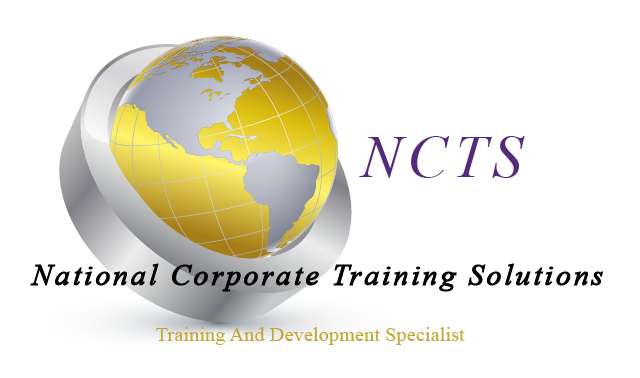Project Management Professional (PMP) Certificate Exam Prep
Online Live Course Outline
Course Description:
This intensive exam preparation course will provide participants with the knowledge needed to pass the Project Management Institute’s (PMI’s) Project Management Professional (PMP) examination. The course is kept up to date with the framework of knowledge outlined by PMI’s PMBOK Guide. The instructor (PMP certified) will share test-taking tips, study strategies and review of critical materials that will directly assist participants in passing the PMP exam. The instructor will be a constant supporter to the participants throughout the class and through their PMP journey.
The course will be delivered through a live online portal, which allows students to take this training from the comfort of their homes, or offices. Participants will work between classes to fulfill the reading and study requirements and activities necessary to pass this course. Participants and instructor will communicate during the live online training, as well as via email between the trainings. Participants will learn about project management through the live instruction, read about it through the class manual (included) and also perform some aspects of it between classes. Ultimately, students will take a sample exam.
The current Project Management Body of Knowledge (PMBOK) Guide will be provided for each student in this class, a $60 value. Additionally, participants will have access to a variety of tools for the purpose of passing the PMP exam. The course will consist of nine 4-hour sessions—approximately two session per week.
Following successful passage of the course, participants will receive a certificate they can use as evidence of the course, which is required to schedule the exam. Participants must attend eight of the nine sessions in order to pass.
Course Duration: 36 hours
Course Learning Objectives:
· Apply PMI-recognized project management tools, techniques and methods to the five process groups
· Comprehend and appreciate PMI methodologies and definitions
· Demonstrate project management skills as a professional level
· Appreciate and manage the triple constraints with respect to project performance
· Exhibit the essential skills necessary for project managers
· Evaluate the importance of effective management for the project life cycle
· Apply methods, tools and techniques
· Demonstrate the core project management competencies
· Be comfortable with the examination format and typical question styles
Course Outline:
1. Getting Started
a. Course Materials
b. Course Delivery Strategy
2. PMP Exam Preparation
a. Certification Process
b. PMP Exam Timeline
c. Certification Cycle
d. PMP Eligibility Requirements
e. Exam Domains
3. PM Framework
a. Process Groups
b. Knowledge Areas
c. Organizational Process Assets
d. Enterprise Environmental Factors
e. PM Cross-Cutting Skills
f. Code of Ethics & Professional Conduct
g. Expert Judgment
4. Integration
a. Business Case
b. Project Selection Methods
c. Project Charter
d. Project Management Plan
e. Direct & Manage Project Work
f. Monitor & Control Project Work
5. Stakeholders
a. Identify Stakeholders
b. Plan Stakeholder Management
c. Manage Stakeholder Engagement
d. Control Stakeholder Engagement
6. Communication
a. Plan Communications Management
b. Manage Communications
c. Control Communications
7. Scope
a. Plan Scope Management
b. Collect Requirements
c. Define Scope
d. Create WBS
e. Validate Scope
f. Control Scope
8. Schedule
a. Plan Schedule Management
b. Define Activities
c. Sequence Activities
d. Estimate Activity Durations
e. Develop Schedule
f. Control Schedule
9. Resources
a. Plan Resource Management
b. Estimate Activity Resources
c. Acquire Resources
d. Develop Team
e. Manage Team
f. Control Resources
10. Cost
a. Plan Cost Management
b. Estimate Costs
c. Determine Budget
d. Control Costs
11. Quality
a. Plan Quality Management
b. Manage Quality
c. Control Quality
12. Risk
a. Plan Risk Management
b. Identify Risk
c. Perform Qualitative Risk Analysis
d. Perform Quantitative Risk Analysis
e. Plan Risk Responses
f. Implement Risk Responses
g. Monitor Risks
13. Procurement
a. Plan Procurement Management
b. Conduct Procurements
c. Control Procurements
14. Knowledge Review
a. Focus Areas for Study
b. Quiz
c. Exam Simulation
Course Materials (provided by instructor):
PDF of presentation slides
Activity sheets
Manual
Participants Will Need:
Computer
Internet
Zoom App
Printer

